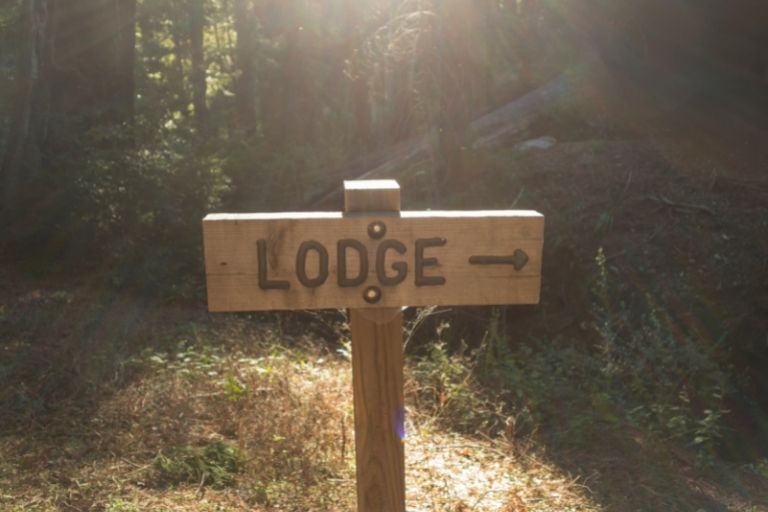Share Sale or Asset Sale, What is Best For a Fishing & Hunting Lodge, Camp or Resort Seller?
Fishing & Hunting Lodge, Camp and Resort sellers have an important decision to make when it comes time to sell.
They must decide, should we structure the sale as a share sale or an asset sale?
Share Sale or Asset Sale, What is Best For a Fishing & Hunting Lodge, Camp or Resort Seller?
Going concern businesses (such as Fishing & Hunting Lodges, Camps and Resorts) are bought and sold either as share transactions or through the sale of all of the assets (including goodwill, if any), net of specified liabilities of the business.
Assets, or pools of assets (Examples could include real estate, furniture and fixtures, boats and motors, etc.), are normally bought and sold on a “stand alone” basis, without consideration of associated debt.
Whereas, share sales are net of all outstanding debt. This option is often the preferred choice of sellers because of the favourable tax implications. Through a share purchase, the purchaser also acquires any outstanding liabilities, including tax and legal liabilities, which opens the buyer to a higher level of risk.
Reasons For Selecting One Form of Transaction Over the Other:
- Buyers typically prefer asset transactions because this sale structure allows them to write up assets to their fair market value so that can enjoy the full amount of future tax shield available from depreciable assets.
- Although a share sale may give rise to a capital gain, a seller usually prefers a share sale because the seller will avoid recapture of depreciation and possible capital gains on the sale of assets; will only have to include in income the taxable portion of the proceeds attributable to goodwill; and the seller will benefit where capital gains on certain small business corporation shares receive favourable tax treatment.
- Uncertainty as to the deductibility of interest expense on funds borrowed to finance share purchases versus assets purchases may dictate that the transaction be structured in a certain way.
- The treatment of non-capital tax loss carry forward may dictate how the deal is structured.
- The purchaser’s preferences for the allocation of the purchase price on sale of assets among the individual asset classes, eg. Inventory versus accelerated rate depreciable assets versus goodwill.
Fishing & Hunting Lodge, Camp and Resort Buyers Beware
When completing a share sale, buyers are encouraged to conduct a rigorous due diligence process to ensure that their purchase doesn’t come with unexpected skeletons in the closet. Protective clauses for tax and legal liabilities may also be added to the purchase and sale agreement as a standard part of a share sale.
This article has been prepared by Frontier Hospitality Advisor for general information only. Frontier Hospitality Advisor makes no guarantees, representations or warranties of any kind, expressed or implied, regarding the information including, but not limited to, warranties of content, accuracy and reliability. Any interested party should undertake their own inquiries as to the accuracy of the information. Frontier Hospitality Advisor excludes unequivocally all inferred or implied terms, conditions and warranties arising out of this article and excludes all liability for loss and damages arising there from.


